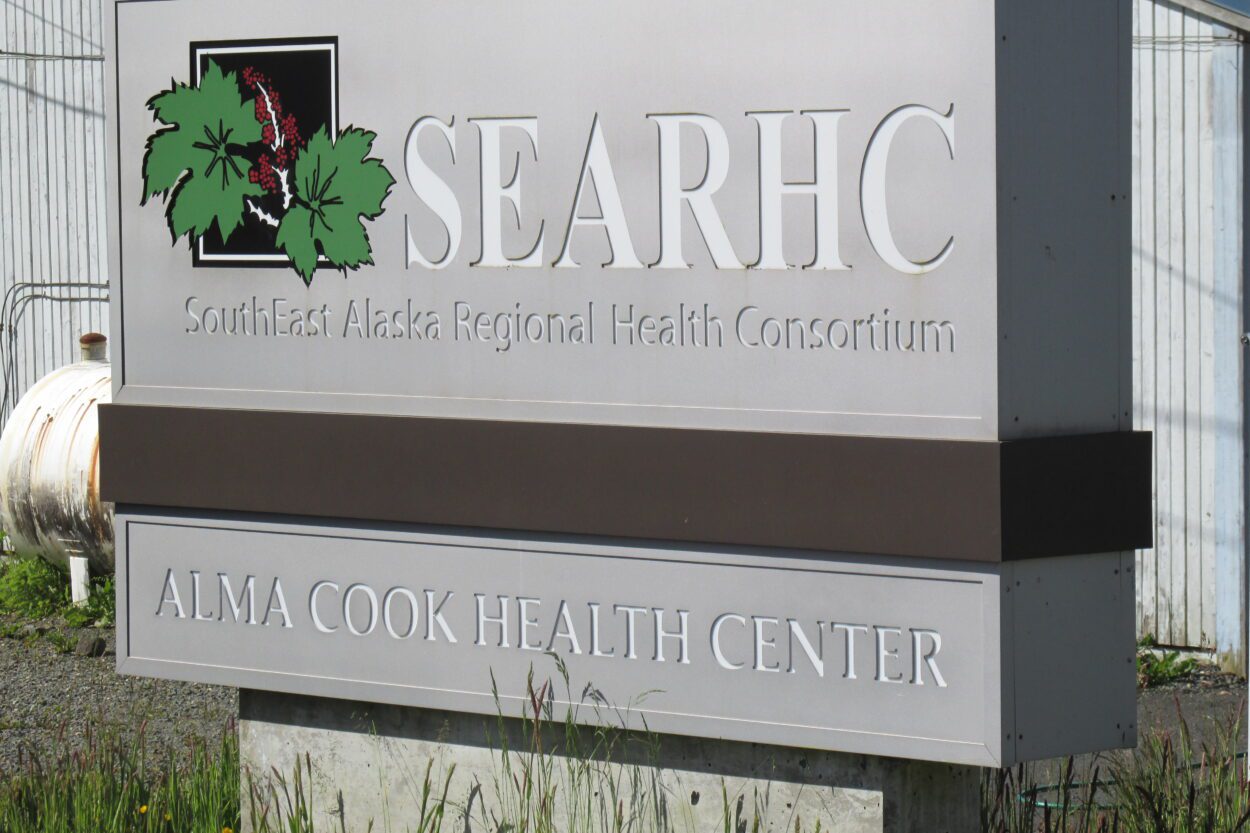
Ketchikan Indian Community is working with a regional healthcare provider to open a new clinic for people dealing with addiction.
The Southeast Alaska Regional Health Consortium (SEARHC) has signed a memorandum of understanding with the tribe and their business arm, the Ketchikan Tribal Business Corporation, to partner on a local center to provide outpatient substance use disorder treatment to the general public.
Eric Gettis is the chief of behavioral health at SEARHC, and he said while there are other addiction services available in Ketchikan, this would be the only facility in town providing an Opioid Treatment Program. That’s a specialized, federally-approved addiction program for people struggling with opioid use disorder.
Gettis said the opioid crisis, and particularly the use of fentanyl, is pervasive throughout Southeast Alaska, including Ketchikan. Alcohol remains the most common substance use disorder, but Gettis said the potent physically-addictive nature of illicit fentanyl has been tearing apart communities.
“That’s what keeps people using, is because you do everything within your power to avoid going through withdrawal,” Gettis said. “And you will do anything — at the expense of your family, work, school, your children — in order to avoid that.”
But Gettis said programs like the ones SEARHC recently opened in Juneau, Sitka, and the village of Klawock on Prince of Wales Island have helped people recover.
“[People] get into treatment, get into recovery, and then begin to reorder their lives in a way that they now are working; they are now returning to school. They’re seeing their family and getting the children back,” Gettis said. “And that’s what builds a healthy community.”
Gettis said one barrier to recovery is the persistent stigma around substance use and mental health disorders that often keep people from seeking treatment. He said it’s important to talk about these issues and understand that recovery is possible.
“It’s not easy. It’s not simple. It’s not always short. But it is possible,” Gettis said. “And the people who are experiencing these things are like everyone else.”
Gettis said SEARHC is making good progress in their conversations with the Ketchikan Indian Community, and are hoping to have the clinic open this summer.





